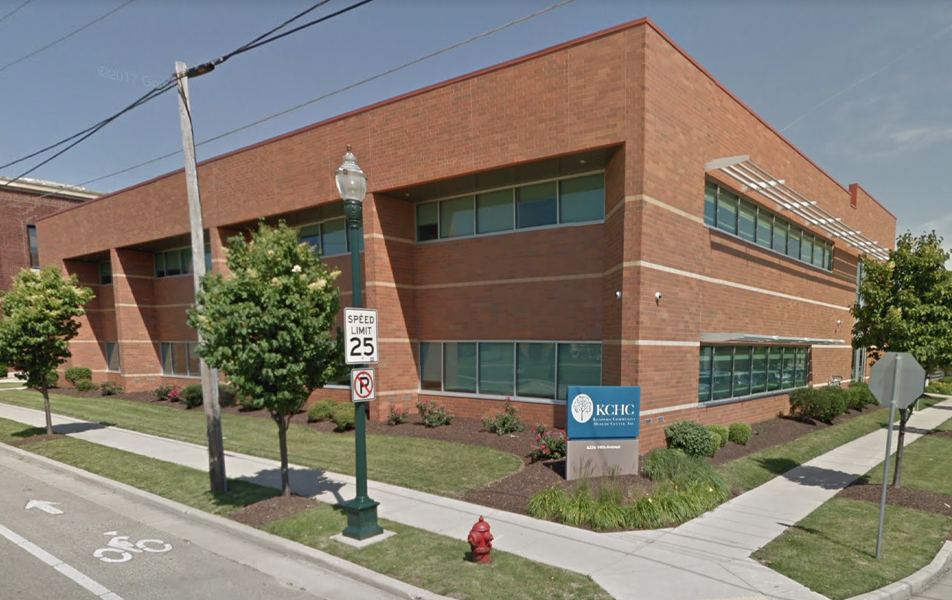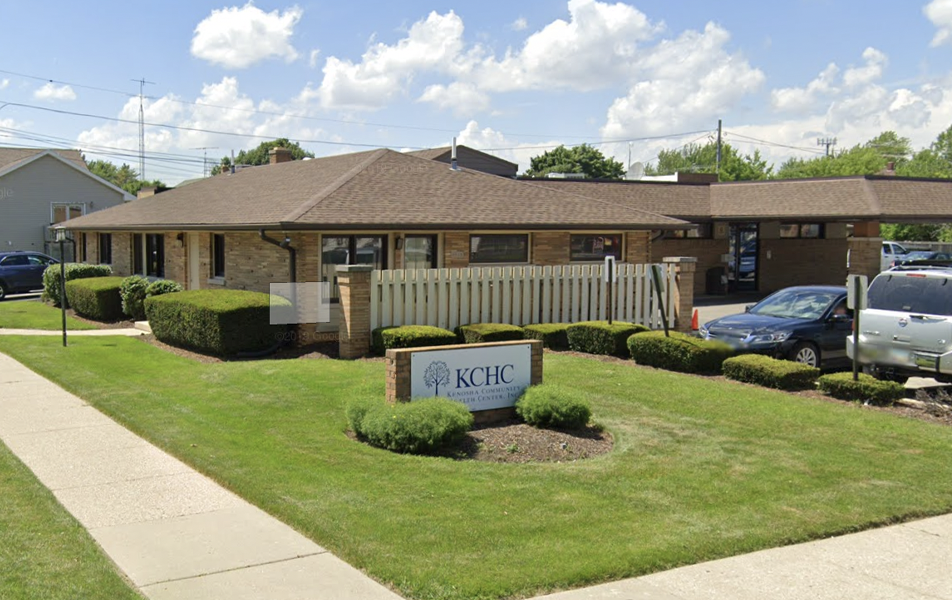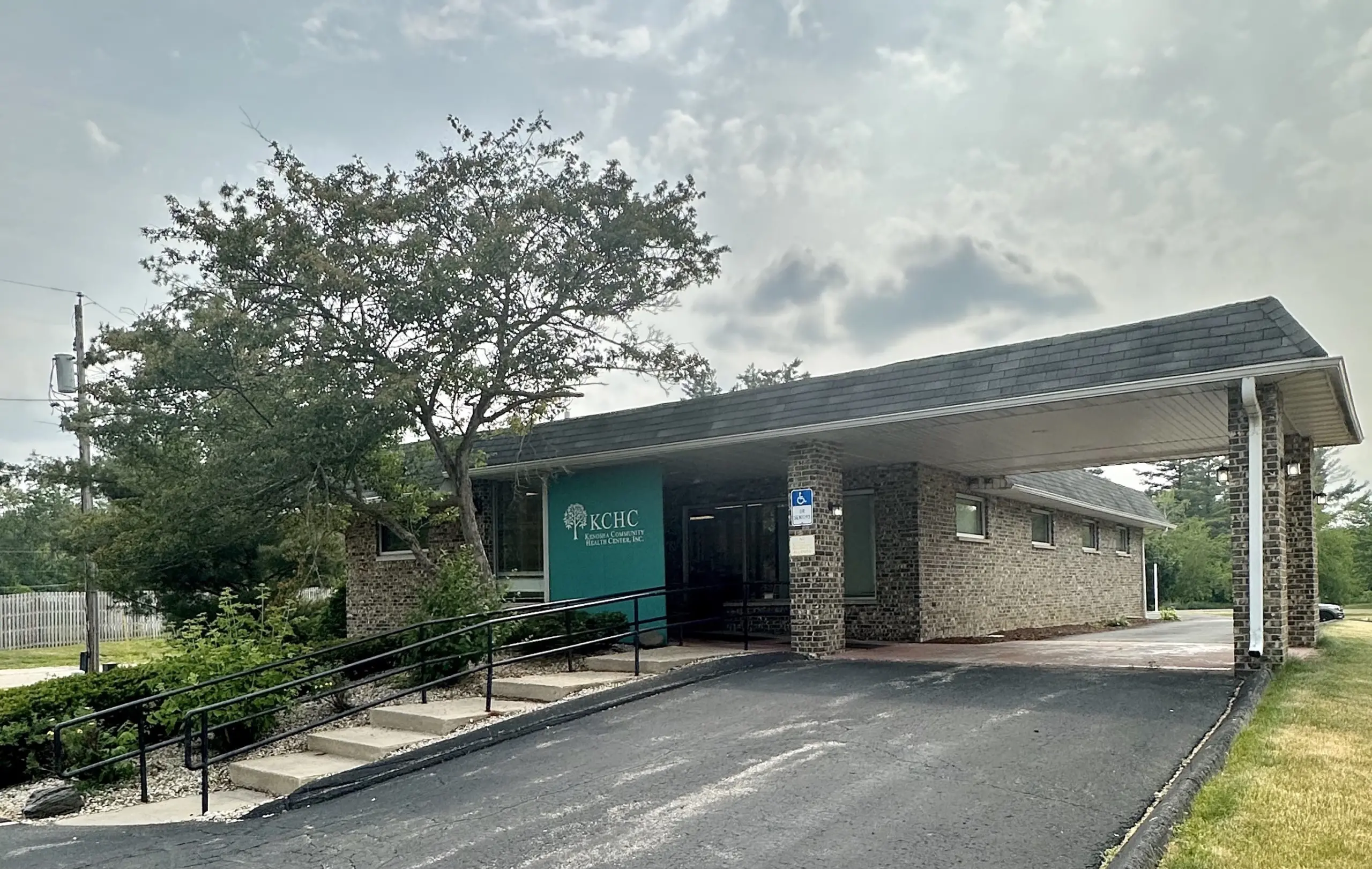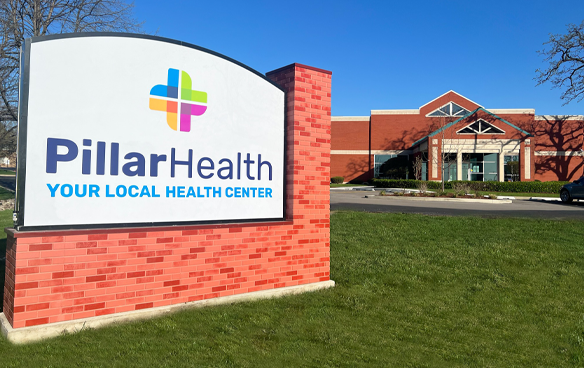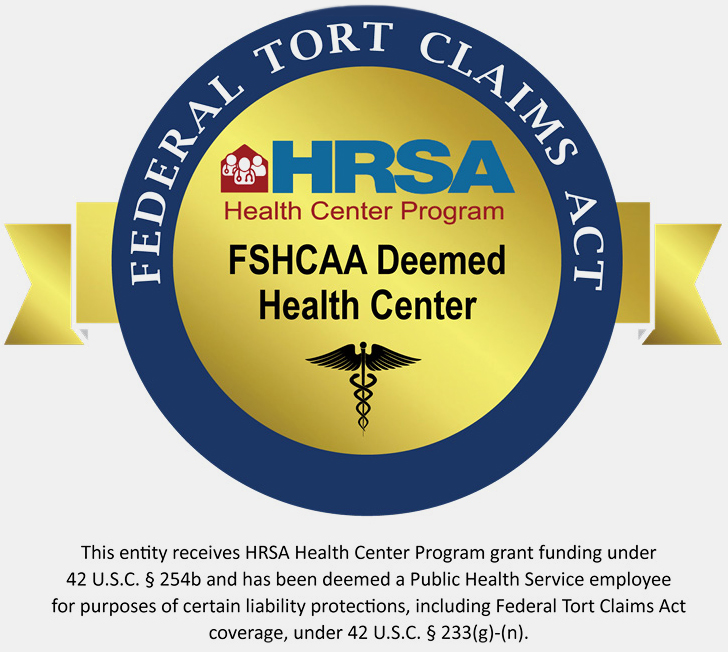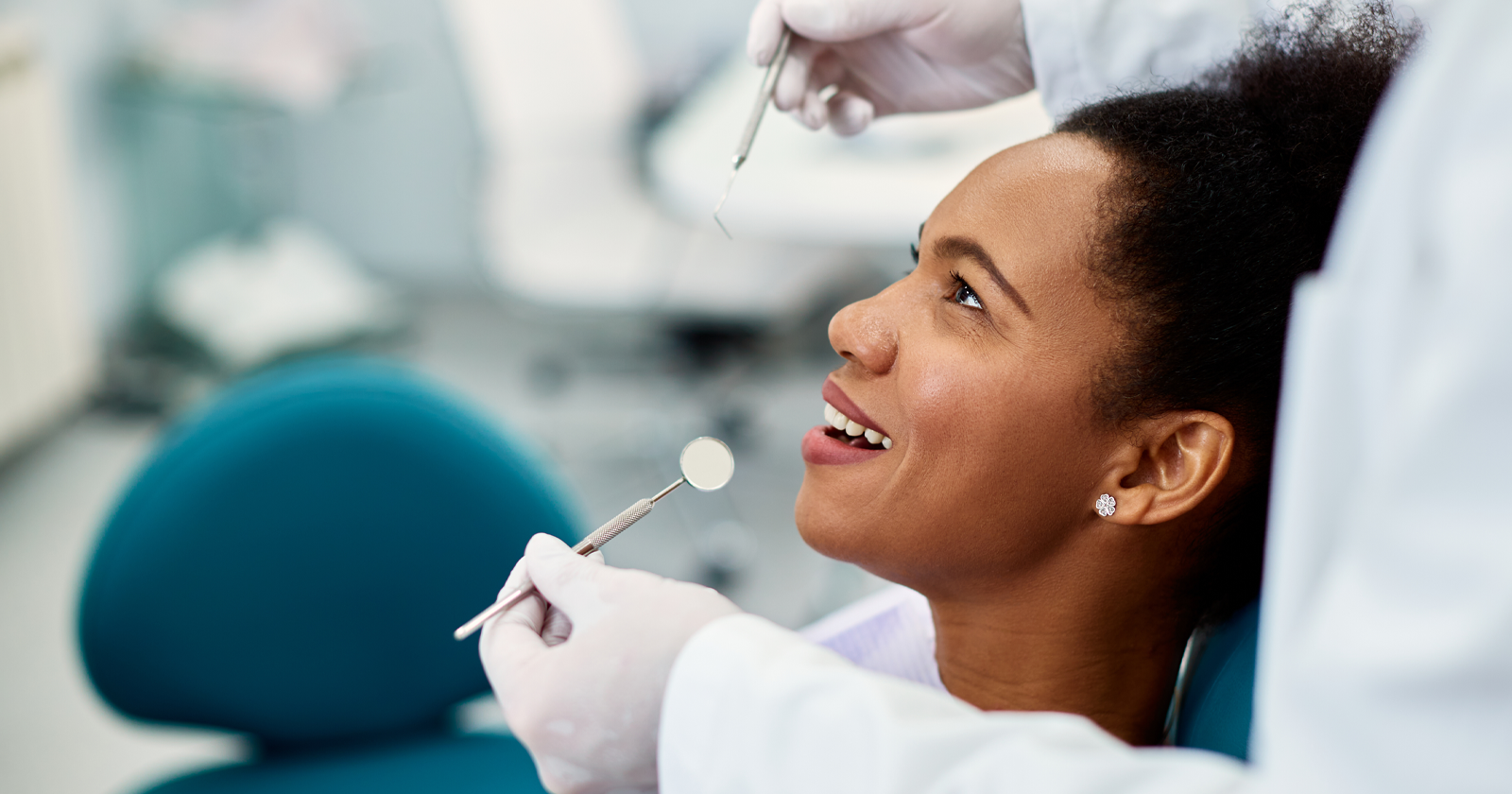
Oral Cancer Information: Risk Factors, Symptoms and Early Diagnosis
Dentists are often the first health professionals to notice the signs of oral cancer, which can appear inside the mouth and throat or on the tonsils and tongue. Here are some important facts about oral cancer, including the warning signs you should always discuss with your dentist.
Dentists watch for signs of oral cancer, because finding it early can be the key to successful treatment. More than 54,000 people are diagnosed each year in the U.S., and around 11,000 die from it.
RISK FACTORS
Oral cancers are serious illnesses that can be fatal if not caught early. Therefore, it is essential to be aware of the risk factors for these cancers so that you can take steps to reduce your risk.
- They are more common among men than women and are diagnosed more often among people over age 50.
- Human papillomavirus (HPV) has also been linked with throat cancers that form at the back of the mouth. HPV is the most common sexually transmitted disease in the U.S., with about 10% of adult males and 3.6% of females carrying the virus. Though most infections go away within two years, some infections stay.
- The HPV vaccine protects against the types of HPV that can cause oral cancers, so it may also prevent them. The Centers for Disease Control and Prevention (CDC) recommends that 11- to 12-year-olds get the HPV vaccine. The agency also recommends the vaccine for everyone through age 26, if they missed getting it earlier. Older adults may choose to have the vaccine after talking with their doctor.
EARLY DIAGNOSIS
Dental checkups can save your life by detecting oral cancer early. That’s one more good reason to see your dentist regularly for a thorough dental exam.
During your regular exam, your dentist will ask about changes in your medical history and whether you’ve been having any new or unusual symptoms. During your exam, they will check your lips, cheeks, gums, tongue, the floor and roof of your mouth, and other areas inside your mouth. Your jaw and neck will also be examined for lumps or unusual signs.
Keep in mind that any warning sign your dentist notices may not necessarily mean you have oral cancer. You may need special tests or a follow-up exam a week or two later to see if the questionable spots have cleared up on their own. Together, you and your dentist can choose the best strategy for testing, diagnosis and treatment (if you need it).
Although oral cancers are not as common as other types of cancer, they can be just as deadly. They usually can be treated successfully with surgery, radiation therapy, chemotherapy, or targeted therapy, but early detection is key to successful treatment.
If you are concerned about your risk of oral cancer, or if you have any of the symptoms mentioned above, be sure to make an appointment with a Kenosha Community Health Center dentist by calling (262) 656-0044.
Remember that early detection is key to successful treatment.
ORAL CANCER SYMPTOMS
Oral cancers are treatable when diagnosed at an early stage. However, if left undetected or untreated, these diseases can spread to other parts of the body and become more challenging to treat. Unfortunately, these forms of cancer are often discovered in their late stages, because the symptoms are not always noticeable. The most common symptoms of oral cancer are:
- A lump or sore that does not heal
- Red or white patches on your gums, tongue or lining of the mouth
- A lump, thickening, rough spot, crust or small rough area
- Difficulty chewing, swallowing, speaking or moving your tongue or jaw
- A change in the way your teeth fit together when you close your mouth
The good news is that these cancers are preventable. The best method for prevention from the leading causes are:
- Avoid tobacco use (smoking and smokeless)
- Avoid alcohol
- Obtain the HPV vaccination
Do not wait to schedule your appointment.
Kenosha Community Health Center has many appointment options in Kenosha and Silver Lake to meet your needs.
Schedule An Appointment

